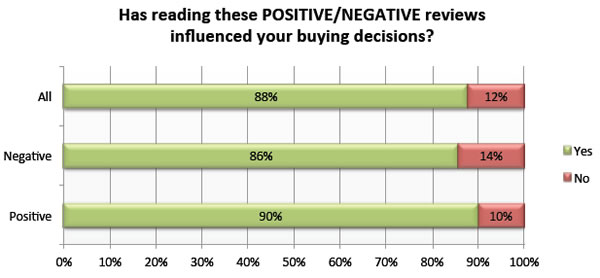Search Engine Optimisation, or SEO as its commonly known, has many definitions.
SEO expert Michael Gray, aka Graywolf, provides a fairly basic, but neat SEO definition:
Search Engine Optimization: The process, of building, designing, creating, or updating a website, or it’s contents, with the goals of increasing visibility within search engines, and improved placement on search engine results pages, for a desired set of keywords terms or market segment.
But, while this definition may be suitable for “on-site” SEO processes and strategies, it is too narrow to be a modern definition as it excludes the strategies and tactics which need to be employed “off-site” in order to optimise Search Engine visibility.
A broader, more exhaustive definition is provided by he esteemed Rand Fishkind of seomoz.org. He sums up SEO as follows:
SEO is the combination of tactics and strategies, including, but not limited to, optimization of information architecture, usability, content focus, audience targeting, design, development, keyword research, keyword placement, link building, social media marketing and any other online or offline branding/marketing elements that support the goal of receiving more traffic from search engines.
Both onsite and offsite seo tactics are essential to accomplishing your purpose of enhancing the rank of your website in the results pages of search engines.
In onsite SEO, you are working with internal elements of your website such as the keywords, meta tags, layout, page load time and, of course, content.
Another vital onsite SEO item is the keyword density or the percentage of the recurrence of your targeted keywords and phrases on a web page when compared to the total number of words. However, make sure that you do not focus only keyword density because this may make your content difficult to read. Also, search engine algorithms have been provided with a way to counteract the technique of overstuffing an article with keywords and phrases and that is to impose a maximum permissible keyword density.
The page theme, layout and loading time are also important factors in onsite SEO. The loading time is important because a site visitor may leave prematurely if it takes too long for the page to load. There is also the possibility that the browser will stop loading the page if it is taking too long to load. Also connected to this are the background, graphics, images, and color on the web page. The technique is to find out the preferences of the people who are likely to buy your products or services when deciding on these factors.
The offsite SEO techniques usually involve building (quality) back links and this could be achieved through article submission to the various directories, article marketing, and being involved in blogs, bookmarking sites, and social networking sites. It should be mentioned that back links from high ranking websites with relevant, high quality content should be the holy grail of any offsite SEO strategy, while back links from low quality sites that are not in any way relevant may harm and degrade your site’s rank.

